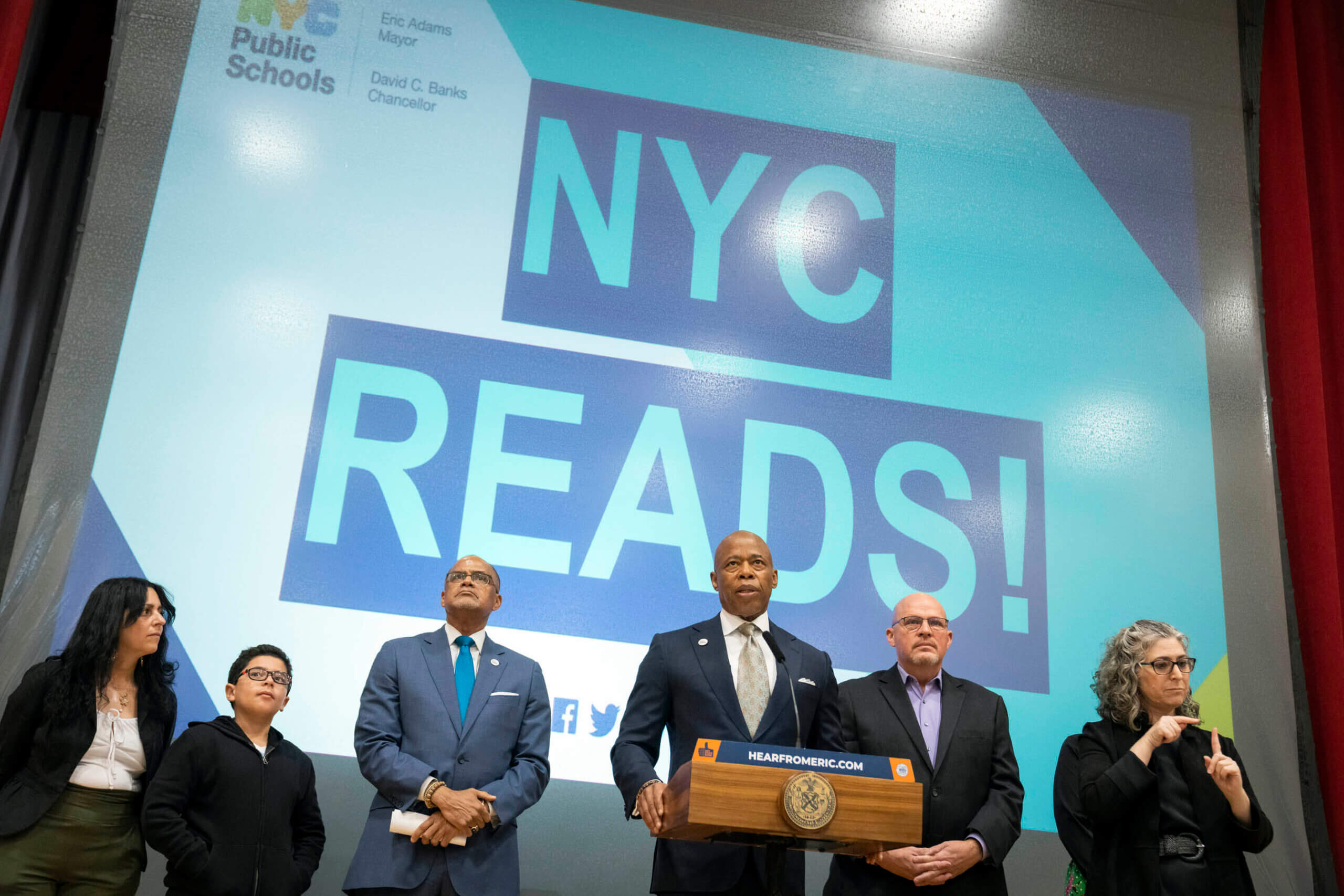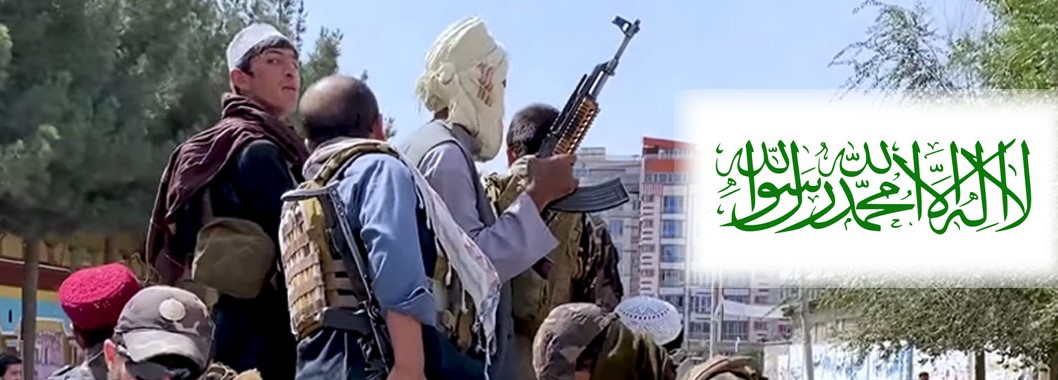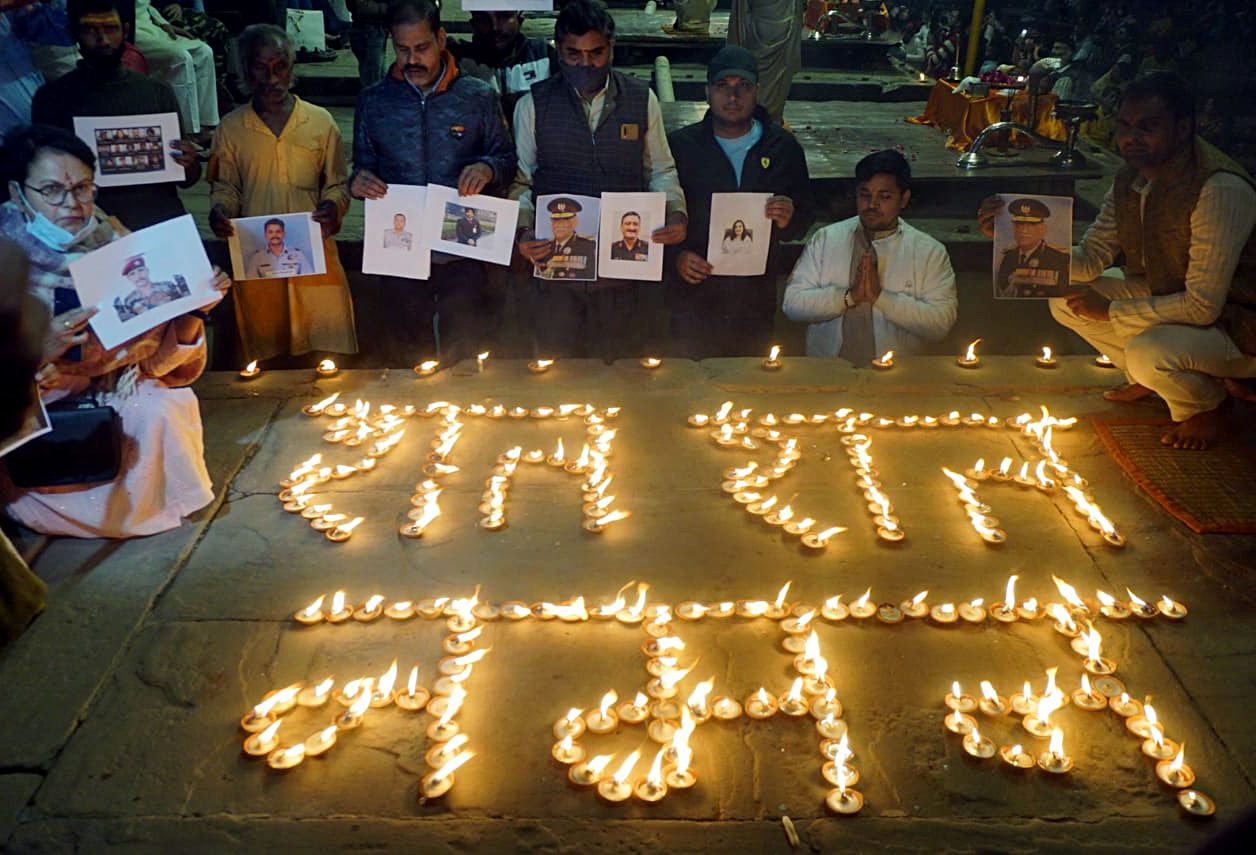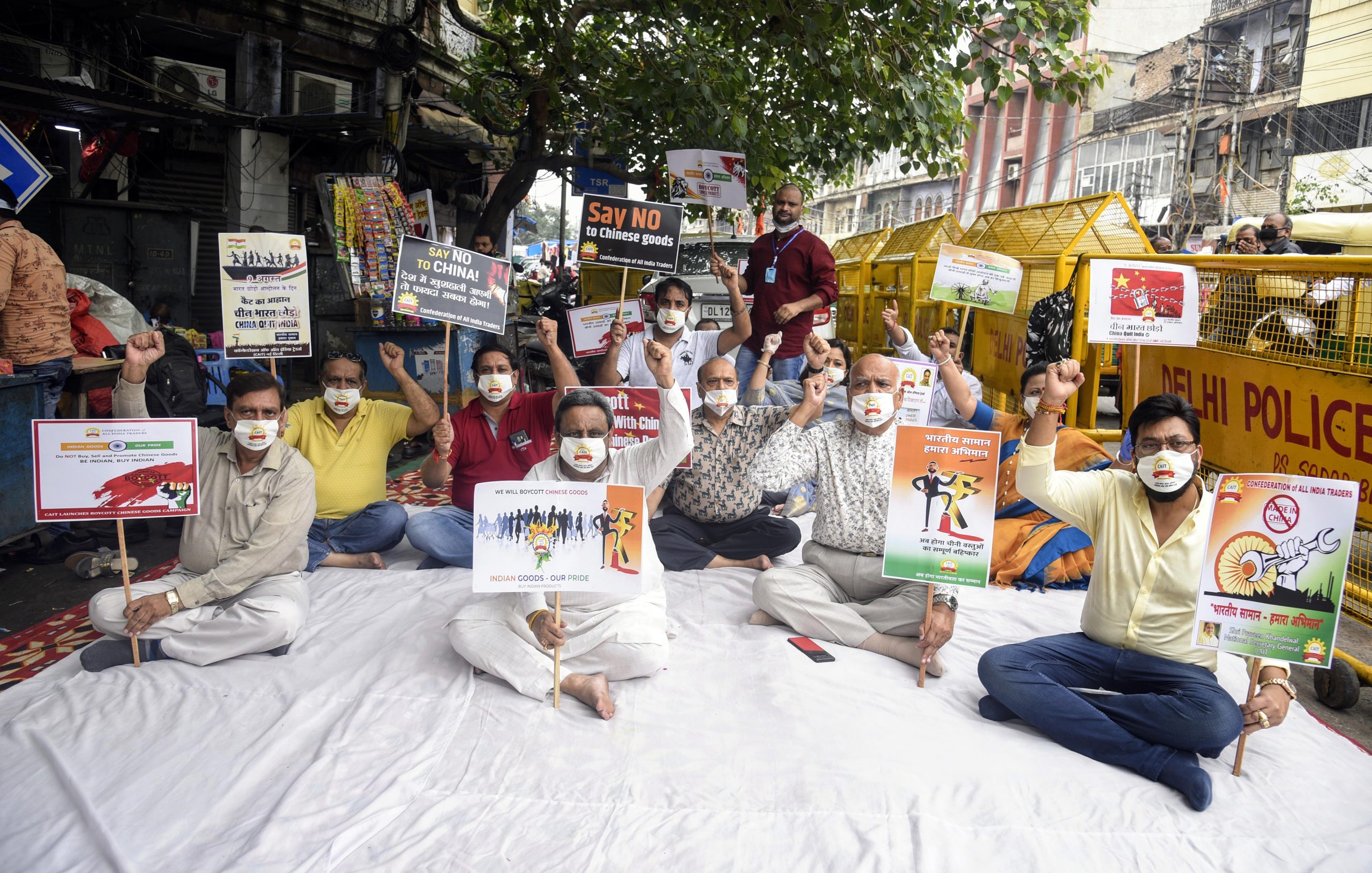Nawaz Sharif’s return to Pakistan has occurred at a time when India–Pakistan ties are at a stalemate. As for his statements on forging ‘good ties’ with India, it is pertinent to note that his overtures in the past while in office or out of it did not materialise into any meaningful engagement.
Priyanka Singh
Nawaz Sharif’s return to Pakistan has stirred India–Pakistan equations. In his maiden speech post return, Sharif applauded India’s rise and vowed to “resolve Kashmir with grace” stressing the significance of forging “good ties” with India. Sharif’s speech was introspective describing Pakistan’s deteriorating security situation, an economy on tenterhooks, skyrocketing inflation, among other issues. Sharif mentioned Bangladesh’s growth trajectory, a politically incorrect statement to make in Pakistan, in front of the thousands who attended the rally.
Sharif’s political career graph as multiple times prime minister is remarkable. His frequency to power in an unforgiving turbulent political landscape where civilian governments have shrunken turf is worth taking note. Now, he is being seen as the Army’s principal prop against Imran Khan in the upcoming elections. Sharif has had direct confrontations with generals and was ousted twice from power, by Pervez Musharraf in 1999 and in 2018. The latter event is also said to have been caused by civil–military rift, as the ‘Dawn leaks’ suggested. However, as of today, the Pakistan Muslim League (Nawaz) chief “doesn’t look too bad by comparison” to the generals who “have a habit of reviving Mr Sharif’s career—generally after concluding that his successor was even worse than he was”.
Nawaz Sharif’s return has occurred at a time when India–Pakistan ties are in stalemate. Though New Delhi recently issued over 100 visas to Pakistani pilgrims to attend the Nizamuddin Urs and Sikh pilgrimage to sites in Pakistan continues, there is hardly any interaction at the political level. The G-20 summit in Srinagar during May 2023 was successfully held despite Pakistan’s usual rancour. This was barely after Pakistan’s Foreign Minister Bilawal Bhutto’s out-of-context remarks on Kashmir to the Indian media led to diplomatic acrimony in the aftermath of the Shanghai Cooperation Organisation (SCO) summit in Goa.
This Brief argues that the India–Pakistan engagement lacks impetus as it has remained extremely subdued in the last few years. Therefore, stray political statements are unlikely to provide the needed velocity at least in short term. India–Pakistan ties remain entwined to the standard ‘the more they change, the more they remain the same’.
Nawaz Sharif’s India policy originated amidst bilateral volatility involving J&K’s violent turmoil in 1989–90. India–Pakistan relations lay at crosscurrents when he assumed power after Benazir Bhutto’s ouster. The bilateral atmospherics were surcharged after Bhutto’s “thousands years’ war” rant (devised by her father Zulfiqar Ali Bhutto). With the military behind his back, Sharif continued to adhere to the fundamental tenets of Pakistan’s Kashmir policy. It was he who appropriated the celebration of 5 February as Kashmir Solidarity Day—a longstanding demand of the Jamaat-e-Islami, Sharif’s political ally. The Kargil hostilities of 1999 occurred during his second tenure. Sharif helmed the Chagai nuclear tests in May 1998. In the recent homecoming speech, he proudly announced how he righteously desisted when former US President Bill Clinton offered US$ 5 billion to deter him from parity-seeking nuclear tests.
Back in power in 2013, Nawaz Sharif accused India of causing instability in Pakistan in his 2015 speech at the UN General Assembly. Subsequently, under his watch as Prime Minster, Pakistan unleashed its propaganda after the killing of Burhan Wani, the Harkat-ul-Mujahideen militant, by Indian security forces in July 2016. He hailed him as a martyr in his UN speech in 2016. He was the one to preside over the decision to celebrate 19 July 2016 as a Black Day. Sharif was instrumental in nudging the successive Obama administrations to extract a word on Kashmir—in 2013 and 2018. He was not successful as the joint statement at the end of Sharif’s meeting with President Obama mentioned nuclear terrorism instead of nuclear parity with India.
However, there have also been perpetual deviances in Nawaz Sharif’s policy while following the conventional Pak India approach. In May 2014, he attended the oath-taking ceremony of Prime Minister Narendra Modi despite resistance from the Army. In December 2015, Sharif warmly hosted Prime Minister Modi during his grand-daughter’s wedding in Lahore. He is the face of summit diplomacy with India given his role in the Lahore Resolution signed after Prime Minister Atal Behari Vajpayee travelled to Lahore on a bus in February 1999. He is associated with the Ufa statement of July 2015 that did not mention Kashmir.
At the SAFMA (South Asia Free Media Association) event of 2011, it was Sharif who daringly drew an interesting analogy with India saying: “There is one border between us. We are members of the same society and share the same background, culture and even the dishes and vegetables. Like you, we also eat aaloo gosht”. It was at this platform that Sharif spoke of how India’s leadership felt backstabbed as the Kargil intrusions were staged within few months of the Lahore Resolution.
Looking at the current strands of the bilateral equations, there have been significant developments that in normal course generate reflection and debate. India invited Pakistan’s Foreign Minister Bilawal Bhutto to attend the SCO’s Foreign Ministers’ Summit and Islamabad obliged. Besides, India issued Pakistan a notice on the proposed amendments it seeks in the Indus Water Treaty to safeguard it interests in the framework of the 1960 treaty inciting strong reactions from Islamabad. Pervez Musharraf’s death on 5 February (the so-called Kashmir Solidarity Day) stirred a debate, though transient, on India–Pakistan and the question of resolvability of Kashmir problem during his tenure as President.

Despite the aforementioned talking points, over a period, India–Pak bilateral paradigm continues to be characterised by frostiness and animus, mainly over the issue of Kashmir. Amidst the overarching dismal state of bilateral equations, the prevalent dynamics have primarily consisted of the following aspects.
Formal dialogue between the two sides has eluded the India–Pak bilateral landscape for quite some time. India’s approach on not tolerating Pakistan perpetrated terrorism continues to guide its policy. The paradigm of ‘terror and talks cannot go together’ has been adhered to. India’s stance was reiterated in the wake of overtures by Pakistan Prime Minister Shehbaz Sharif urging “serious and sincere talk” with India’s leadership having “learnt its lesson” that wars with India “brought nothing except misery, poverty and unemployment”.
The Indus Waters Treaty has long remained a paradoxical example of bilateral understanding between India and Pakistan. The treaty mediated by the World Bank in 1960 has been under pressure of late as suggestions to revoke it to punish Pakistan for acts of terror against India have been made. India has so far refrained from doing so. However, in January 2023, India put Pakistan on notice by seeking amendments in the “agreed mode of dispute resolution”.
The apathy between the two sides has deepened in the wake of recent terrorist attacks unleashed in J&K over the past few years— beginning from Gurdaspur (July 2015) to Pathankot (January 2016), Uri (September 2016) followed by Pulwama (February 2019) to the more recent ones at Poonch (April 2023) and in Rajouri (January and May 2023). The prevalent sense in India is of ‘enough is enough’. As an outcome of growing wariness, India slowly veered away from what has primarily remained a dialogue of the deaf.
Pakistan for its part upped the ante against India after the annulment of the Article 370. Ever since, Pakistan has been raising the issue of end of J&K’s special status at world forums, albeit without much traction. Pakistan’s strategy and its Kashmir stance has been unable to reconcile with the structural changes in J&K and it continues to harp on propagating the ills of India’s so-called unilateral action on the former state.
India–Pakistan diplomatic ties moreover remain downgraded since the August 2019 decision to abrogate Article 370 in J&K. The respective missions have since then been represented by Charge d’Affaires instead of full-time envoys.
Domestic discourse in Pakistan is flagging “monumental change in India’s fortunes” and its democratic consistency as a “steady, coherent and functional polity”. There is talk of India’s deft handling of geopolitical issues and its positioning as leader of the Global South. Pakistan’s politicians have mentioned India in their moments of introspection as well. Khawaja Asif as Defence Minister in the National Assembly in January 2023 condemned the Peshawar mosque attack that killed more than 100 worshippers and admitted that “we sowed the seeds for terrorism”.
Geopolitically, India is in a much better “comfort zone” fuelled mainly by its successful stint as G-20 presidency or the adept handling of global complexities involving Russia–Ukraine War. In contrast to this, Pakistan is seen frantically moving with a begging bowl to salvage its economy from an imminent default. The chimera around the China Pakistan Economic Corridor is faded. The juxtaposition of the corridor against Pakistan’s economic mess and the prominence of its shortfalls have eclipsed the earlier discourse centred selectively on it being a ‘game changer’.
Pakistan’s relevance, be it in India’s national discourse or its international calculus, has clearly declined. India is gaining an upper hand in managing ties with Pakistan. India is on diplomatic offensive against Pakistan and has opted for military means to deter terrorism even if it entails breaching the Line of Control. As for Sharif’s statements about forging “good ties” with India, it is pertinent to note that in the past as well, his overtures to India failed to materialise into any meaningful engagement. In his 2015 UN speech, for instance, Sharif put forward a four-point “new peace initiative” that included demilitarising Kashmir and Siachen, and formalising the 2003 ceasefire, describing these as the “simplest” measures to move towards peace between the two countries”.
Sharif’s latest statements were immediately followed by Indian security forces gunning down five terrorists who had infiltrated from across the LoC. It is a fact that whenever civilian governments have shown receptivity towards engaging with India, the so-called non-state anti-India constituencies have augmented infiltration attempts or carried out attacks inside J&K.
Given the current state of bilateral ties, it is rather difficult to predict when and whether the two countries can meaningfully engage going forward. India needs to assess evolving situation given flare-up of regional tensions in the aftermath of the Hamas attack on Israel while continuing to be vigilant to prevent potential breaches to national security.
Priyanka Singh is Associate Fellow at the Manohar Parrikar Institute for Defence Studies and Analyses, New Delhi.
Views expressed are of the author and do not necessarily reflect the views of the Manohar Parrikar IDSA or of the Government of India.
The full version of this article first appeared in the Comments section of the website (www.idsa.in) of Manohar Parrikar Institute for Defense Studies and Analyses, New Delhi on November 17, 2023


























